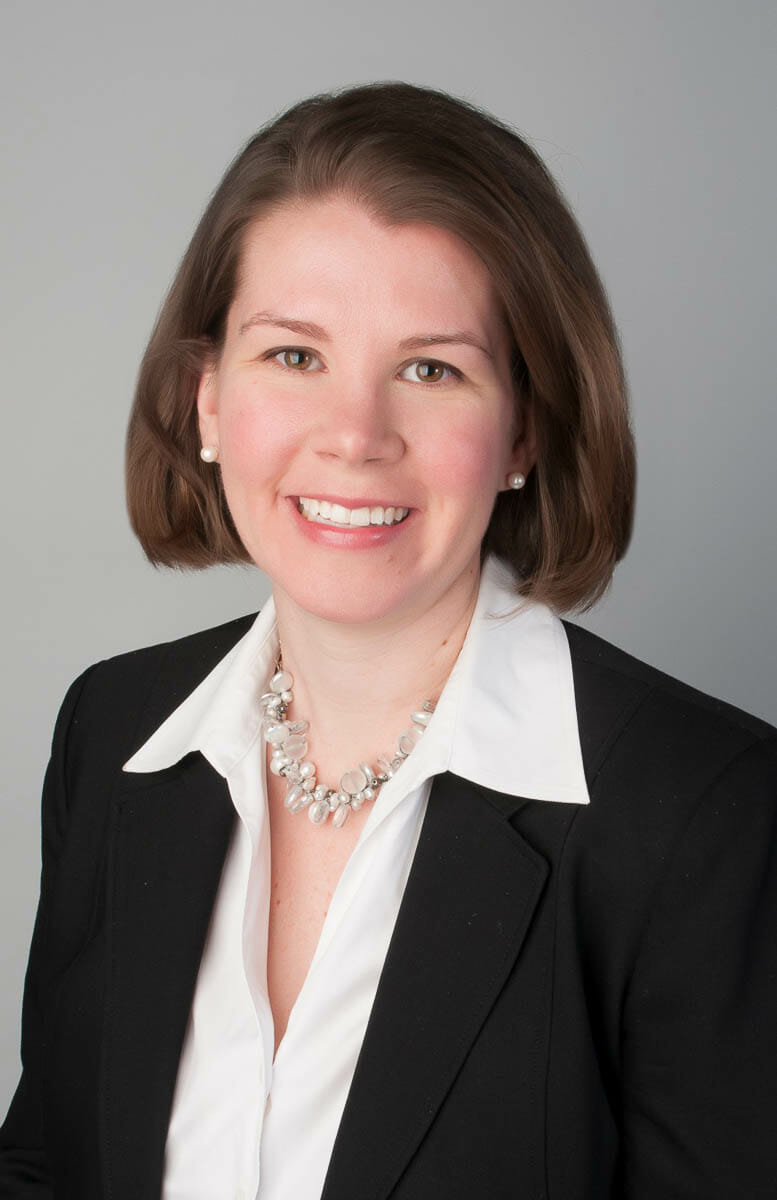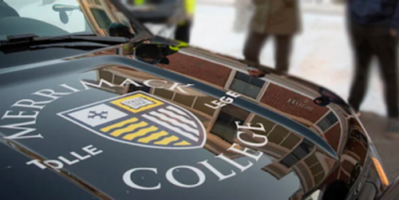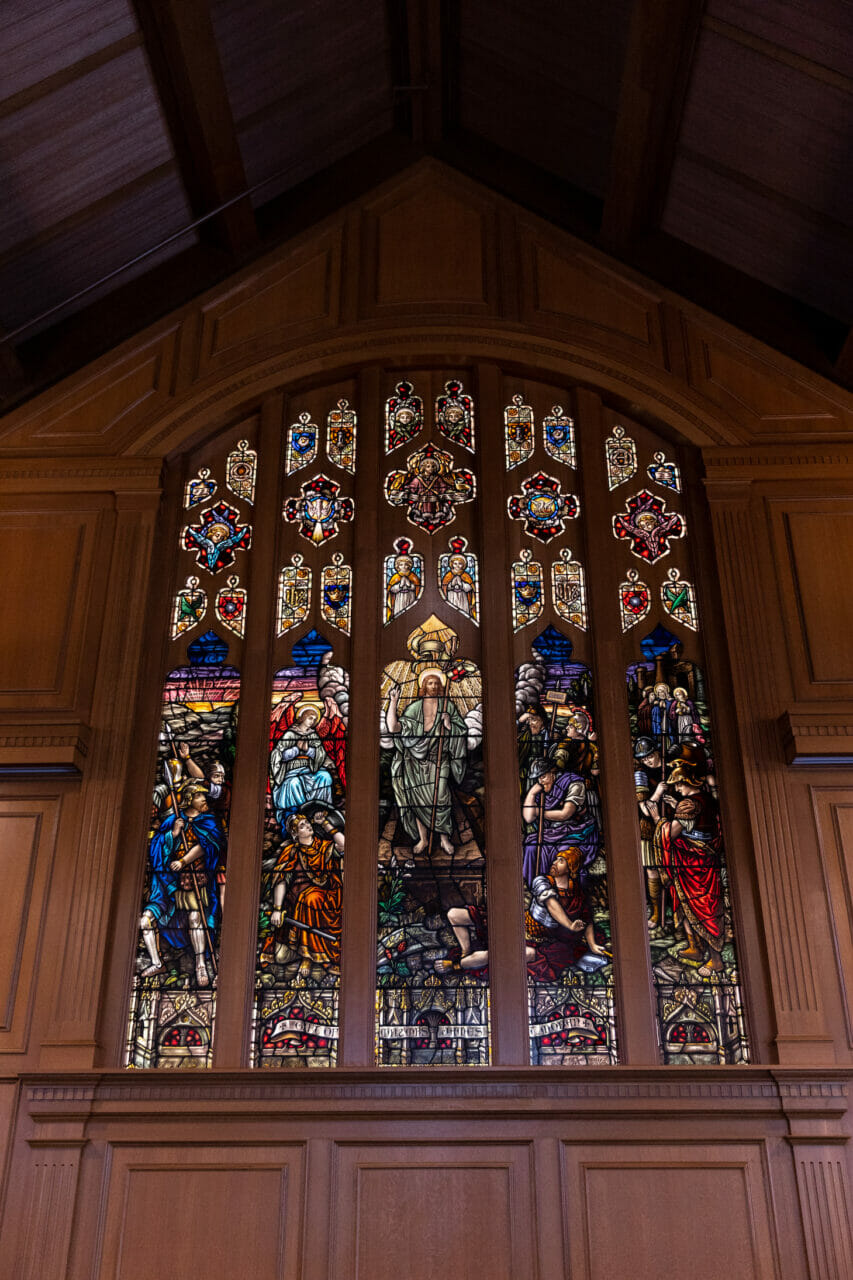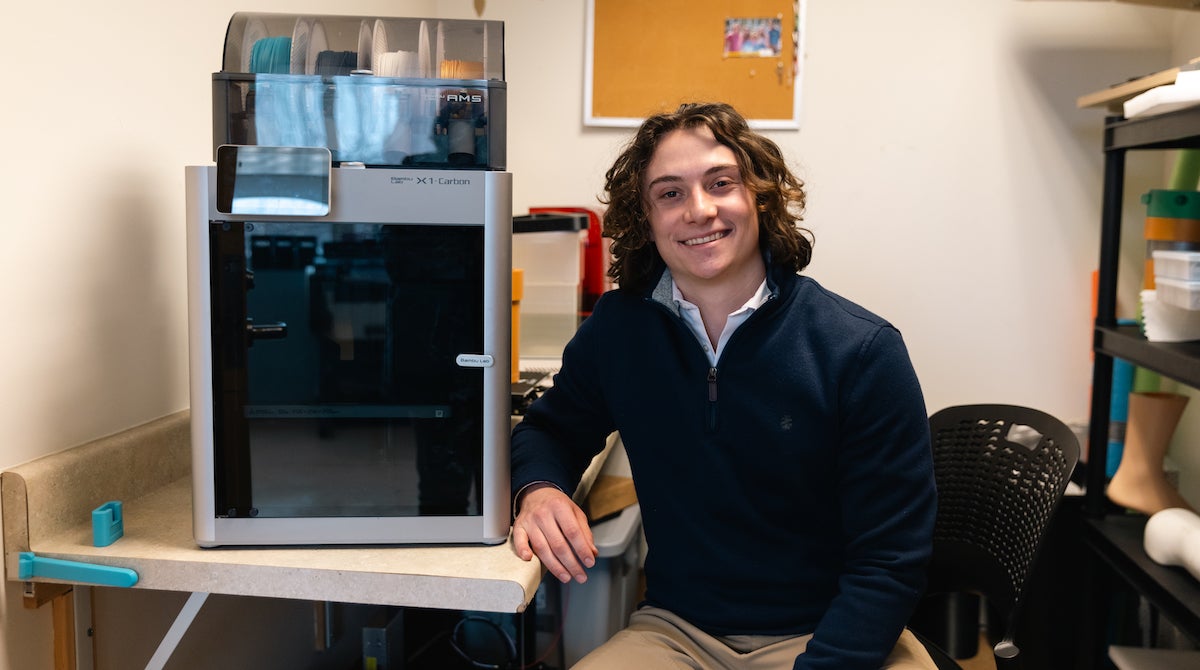Q. What’s the significance of this move for Cuba’s people, its political system and its economy?
Russell: This is going to have profound implications for the people of Cuba. A transition has been happening, with small, gradual openings for three or four years, but this is the biggest event in that transition. We’ll see changes in attitudes, because of Cubans’ ability to travel more and have access to different ideas and ways of thinking from the U.S. The embargo and the breaking of diplomatic ties were designed to force Fidel Castro out of power — it’s pretty clear that they failed, but at the same time the ideology that Castro stood for has not succeeded, either. In that sense, there is a political transition coming because the old ways for Cuba are not sufficient now and certainly won’t be sufficient for the future. It has been becoming more capitalist; the Cuban government has been allowing more private businesses, and passed laws to encourage more foreign investment, with private sector jobs growing. This will accelerate that economic opening. The Obama administration did not lift the trade embargo — Congress has to do that — but diplomatic ties had to be restored before we could get to that discussion anyway.
Q. How do you see this affecting the United States’ standing in the world?
Russell: The U.S. embargo and breaking of diplomatic relations with Cuba has certainly not been supported by the international community. This brings the United States back into the mainstream, so in that sense it will be looked upon favorably. Some politicians have suggested that this might harm the security of the United States by sending the wrong message to Iran or North Korea, but I don’t think so; the U.S.-Cuba relationship is so unique, so specific, I don’t think it will have that effect.
Q. What drove this decision for the two countries?
Russell: On the Cuban side, they are suffering economically. Their economy has been hit hard in the past couple of years; the economic crisis in Venezuela, where Cuba gets its oil, has impacted them, and they have been forced to make concessions to capitalism just to keep their economy going. So this opening will improve their situation in general, but in particular economically. For the United States, Cuban-American views have shifted dramatically in recent years. The majority of Cuban-Americans now favors restoring diplomatic relations — 68 percent in an FIU Cuba poll earlier this year — and 71 percent say the embargo didn’t work. So politically this may make sense. And certainly there is a piece here for the Obama administration’s legacy — the chance to have a lasting impact on American foreign policy. Finally there is an opportunity for American business to benefit, for instance in telecommunications, a field that will expand rapidly in Cuba in the next few years. The U.S. economy stands to benefit from more free trade, and U.S. telecoms could be the first ones in the door if Congress follows this up by lifting the trade embargo.




